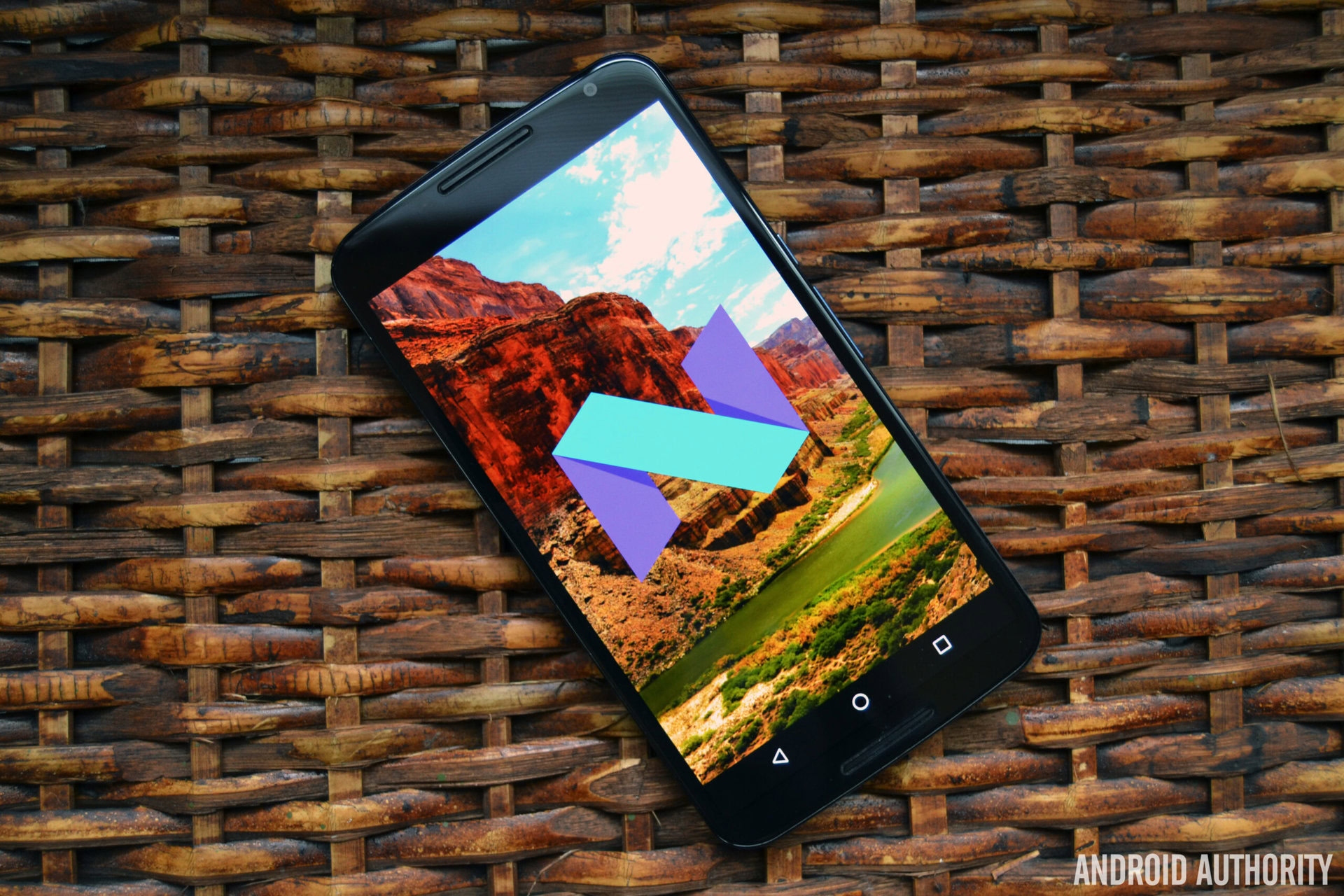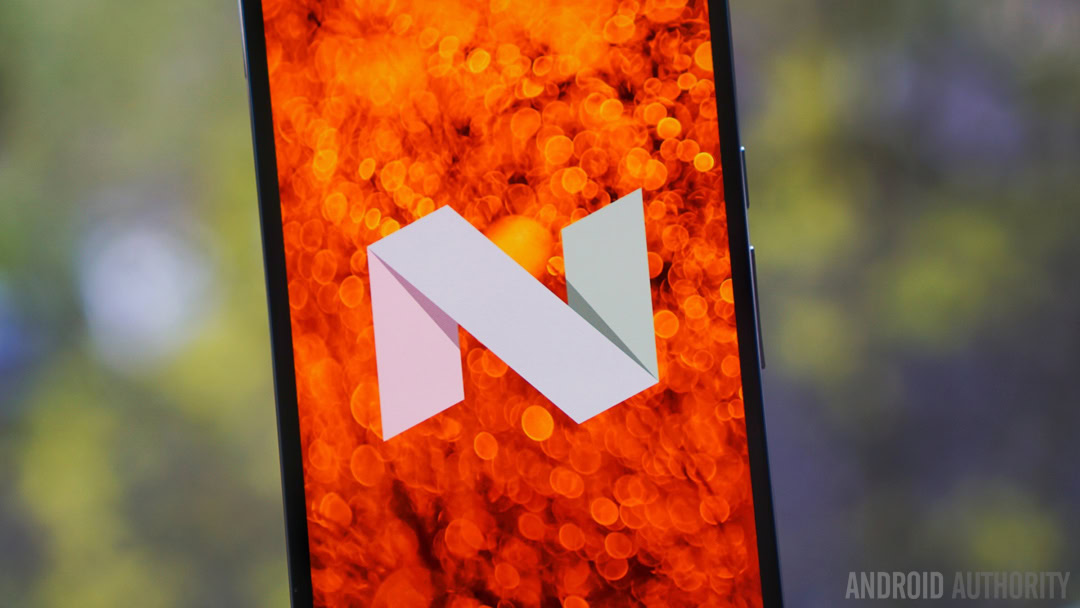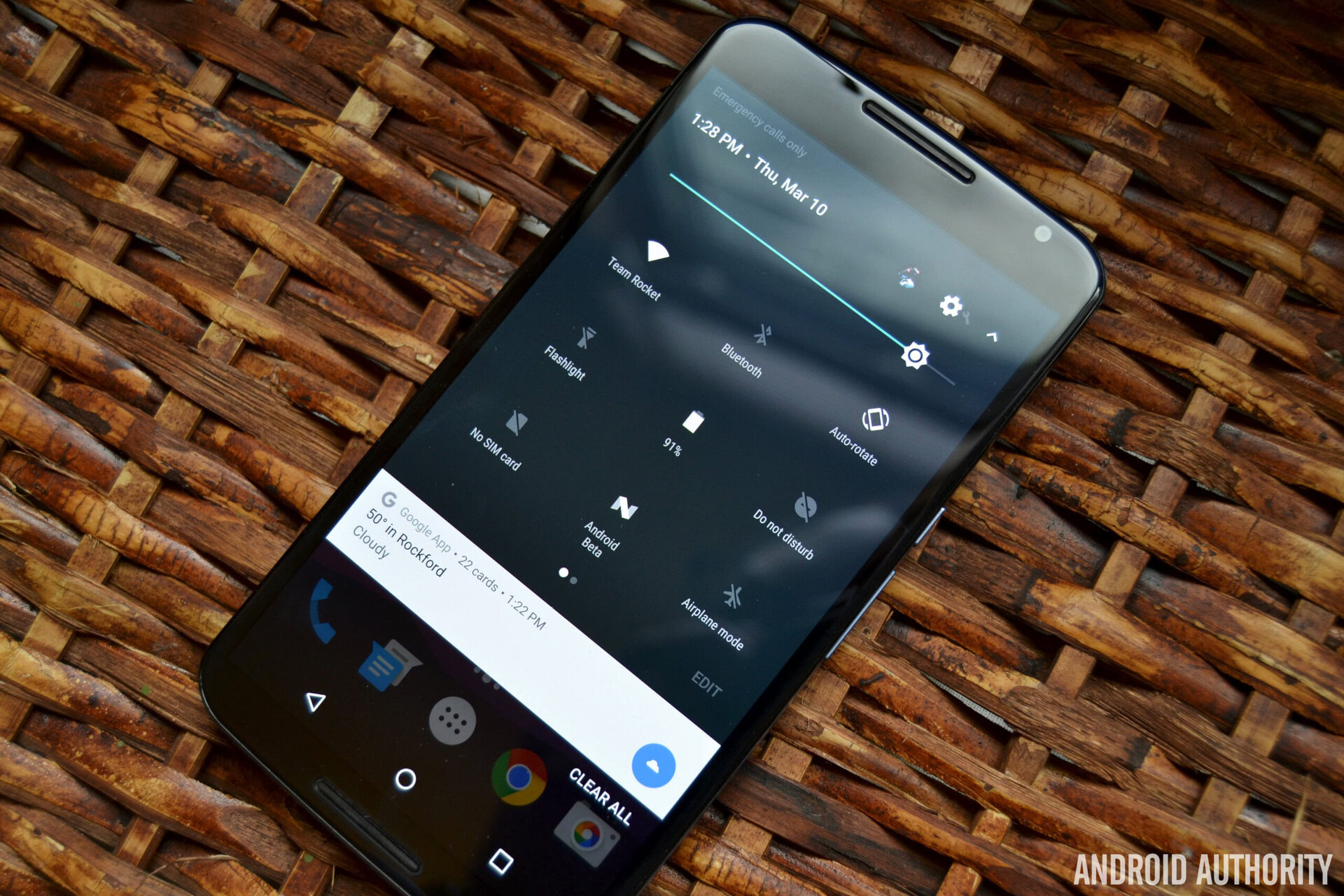Affiliate links on Android Authority may earn us a commission. Learn more.
Is Android N starting to fix fragmentation?

Did you ever run a Minecraft server? It probably started off small and vanilla with just a few of your friends playing the unaltered version of Minecraft. As time went on, however, you wanted to make the server feel more like your own. You wanted there to be unique rules to guide your players’ behavior, cool features that other Minecraft servers didn’t offer, and a certain flavor that really made your server a joy to live and play in. So you began adding mods. (Hang in there, because I swear this relates to Android N and the fragmentation of the Android ecosystem.)
Then Mojang would push out a new update to Minecraft and of course all of your mods would crash. Either you or all of the mod developers would have to scramble to patch everything back into the new version of Minecraft, and depending on the size of the update, this could be a tedious, months-long process. This led to a lot of frustrated devs and server admins urging Mojang to integrate modding API into the core game.

Well, if what we’re looking at with Android N is accurate, it looks as though they may be doing something pretty similar. The fragmentation of the Android ecosystem is an oft-talked about problem that causes irritated app developers, dangerously outdated security issues, and glacially slow rollout times for new versions of Android (we’re looking at you, Marshmallow, get your act together).
What Android N appears to do is effectively break Android into two distinct pieces: a backstage and a front stage. The backstage is Google-crafted and would be the same across all devices, but the front stage is totally customizable, allowing different brands to deliver the kind of feel and experience their users are accustomed to receiving. Moto still gets to have its Moto Display, Samsung can still integrate Blocking Mode, and Lenovo can put whatever they want on the lock screen. That’s all part of the front stage, the experience that is on display.

The deeper roots of Android would control things like the nuts and bolts that actually make the operating system work. Things like security fall into this category, meaning individual companies would no longer have to worry as much about keeping up with Google’s monthly security updates. Google just adds the patch to the backstage, and everything on display just keeps trucking.

This is a distinctly different view of Android than what we’re currently looking at. Right now, it’s much more of a single piece. When Google releases a new version of Android, smartphone makers and carriers have to haul their butts to rework all of their software, sometimes from the ground up. This is why rollouts for new versions of Android are so slow, and it’s why so many devices get left behind. The manpower simply doesn’t exist to push all of these changes through for every single impacted device, for every brand, on every carrier.
If what we’re looking at is true – and it should be noted that Android N is so Alpha right now that it could intimidate the crap out of a pack of bodybuilders – then this could have massive ramifications for the overall fragmentation of the OS. By making the appearance and app-handling aspects of Android distinct from the core, inner workings, Google could be making the operating system much, much easier to update. This would save manpower, money, time, and frustration across the board.
Google has said nothing official about what appears to be an attempt to solve fragmentation, so we’ll have to wait for future releases over the coming months to confirm this impression. In the meantime, let us know your take on Android N and the fragmentation of Android in the comments below.